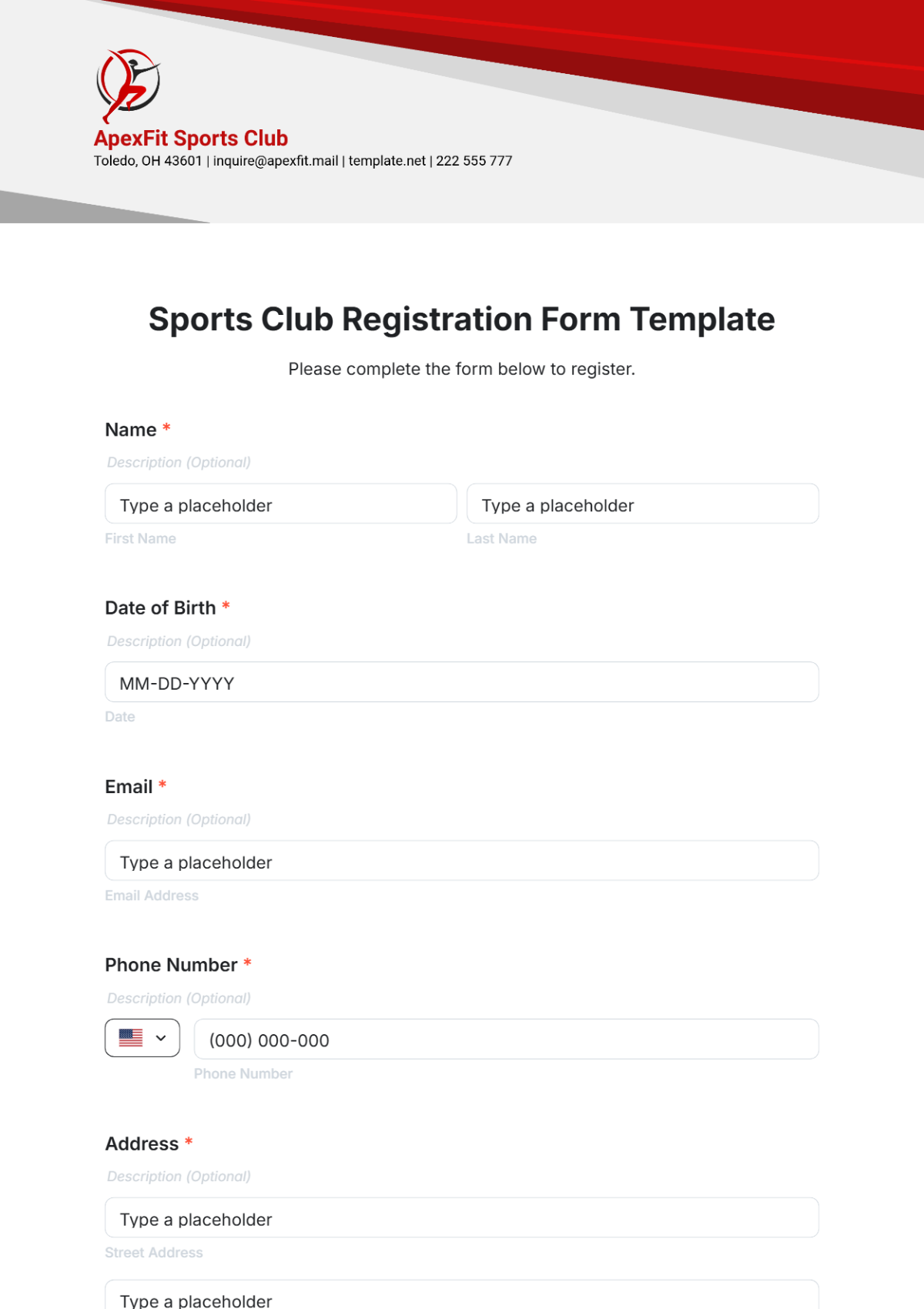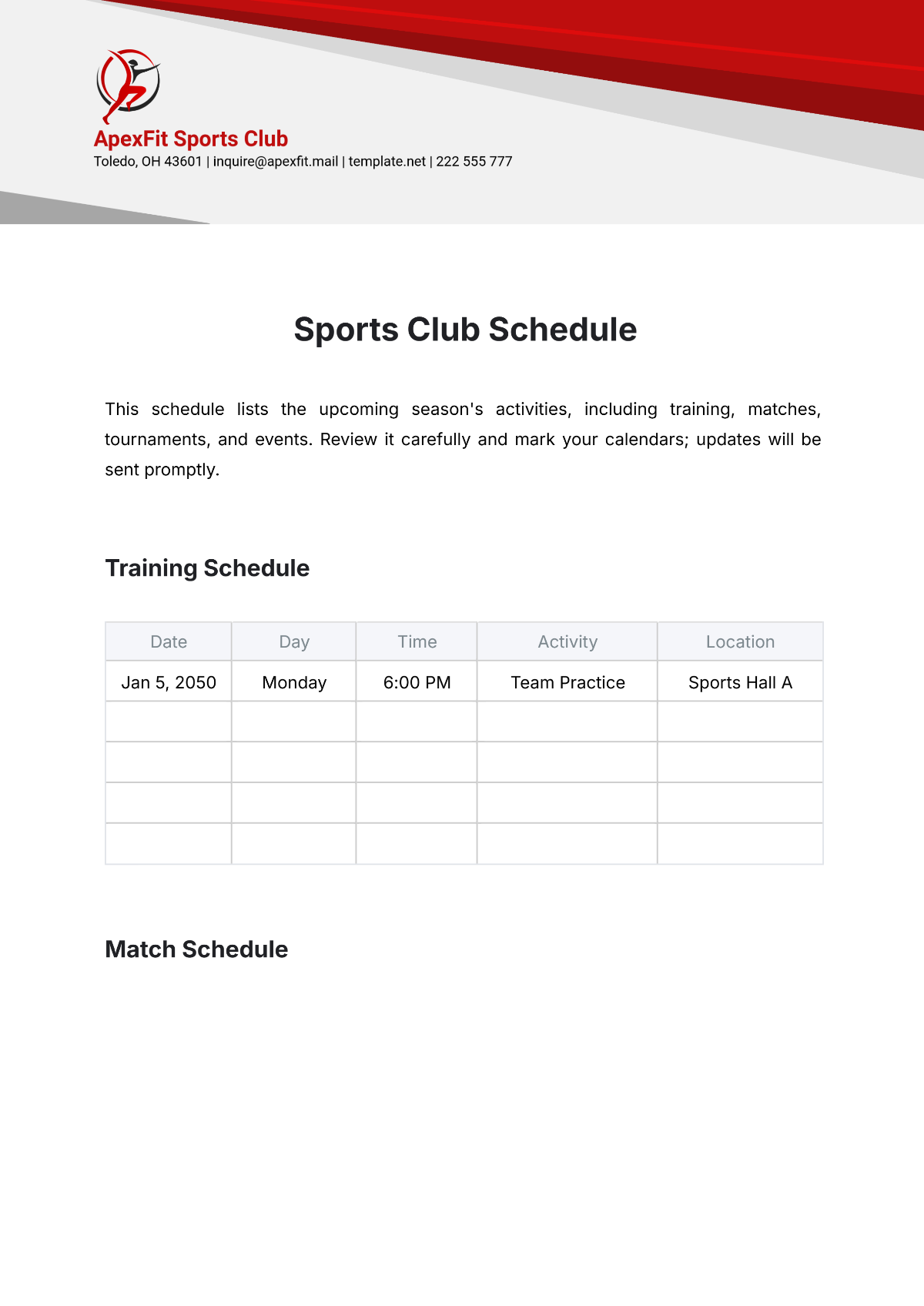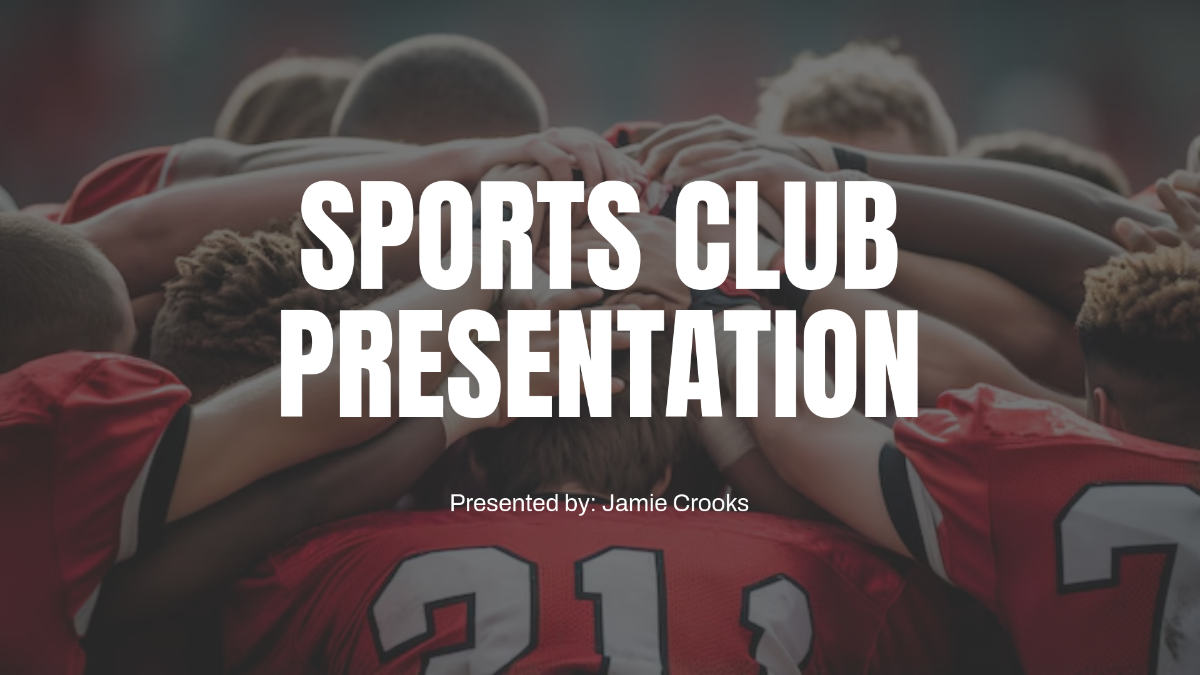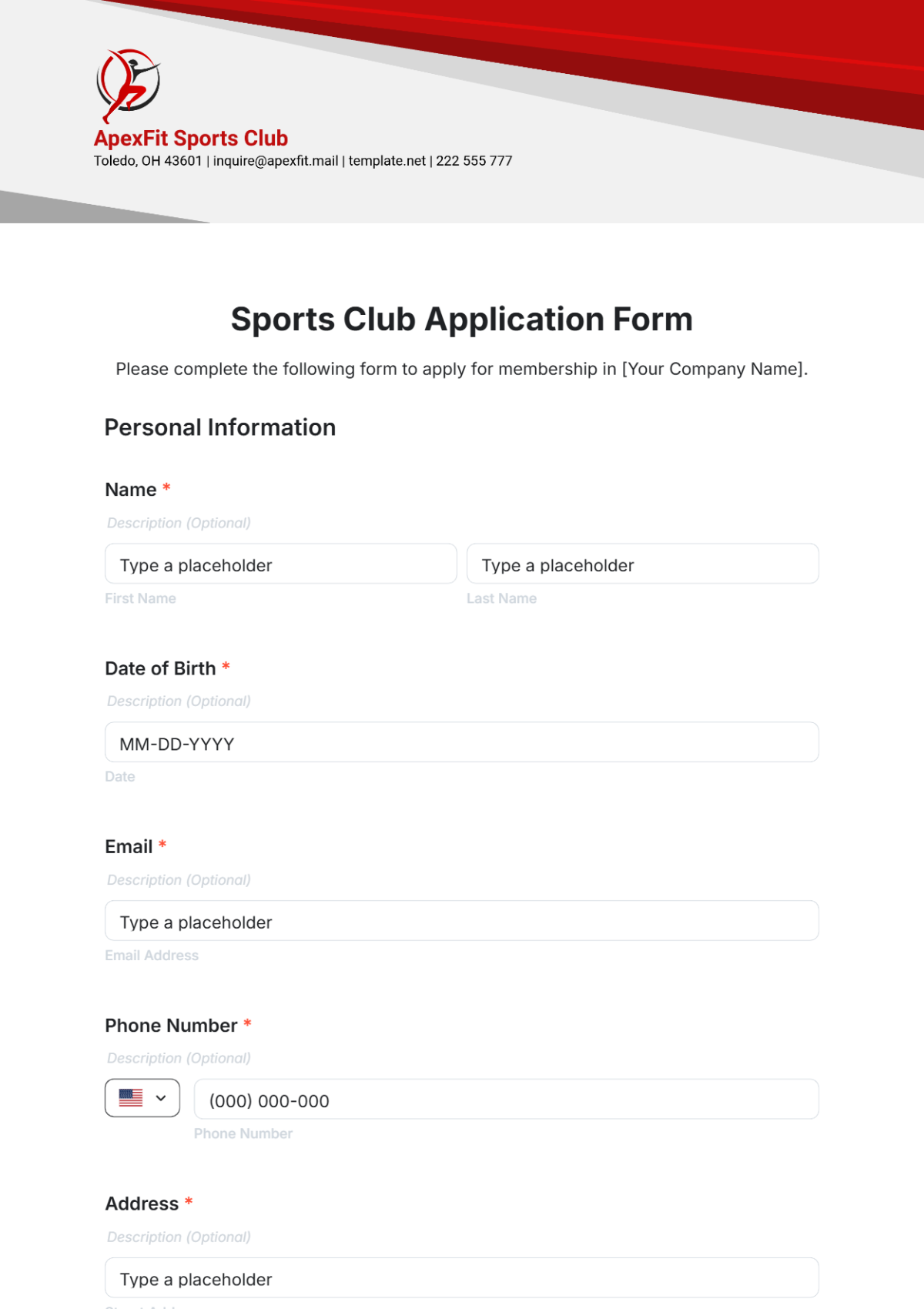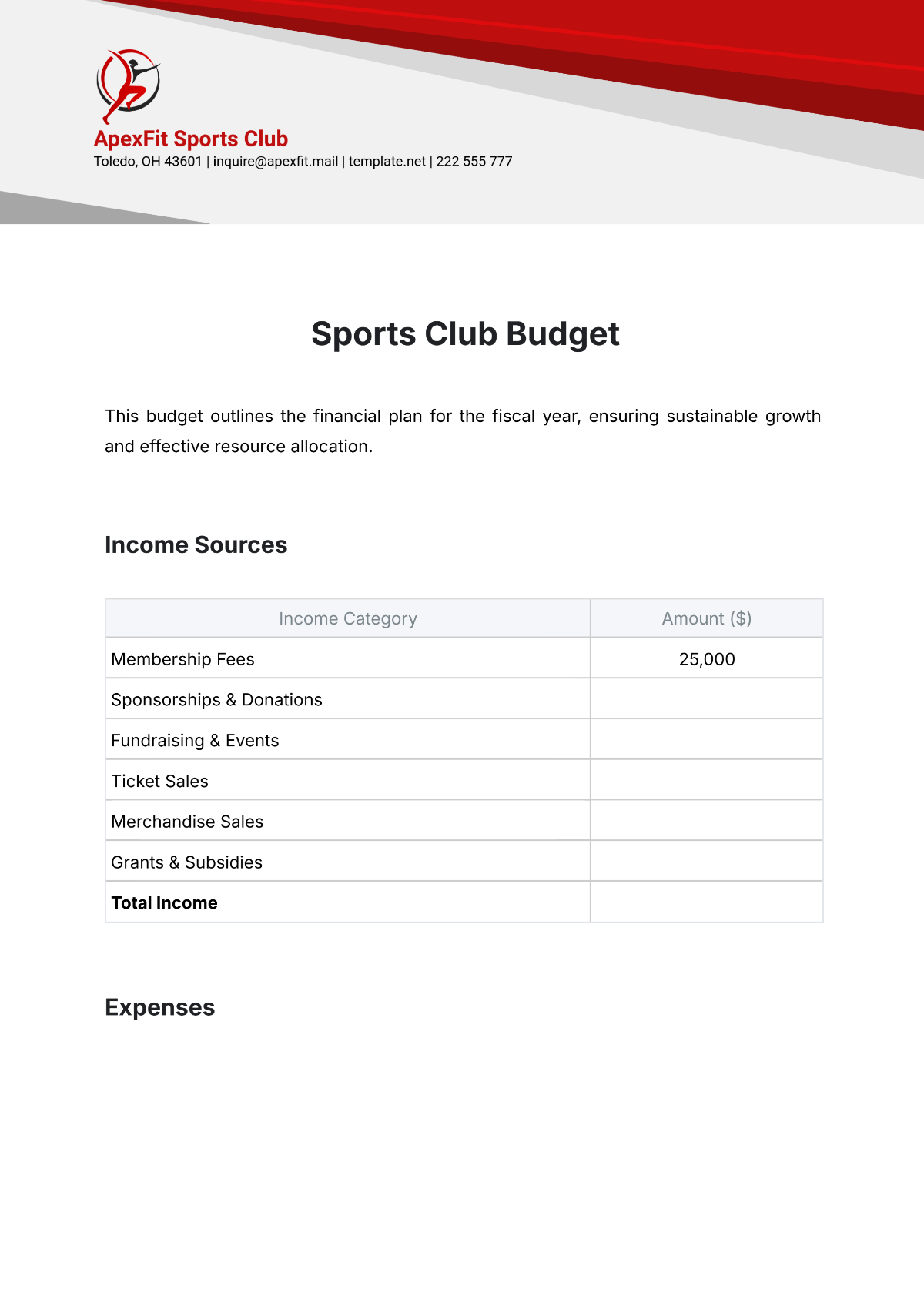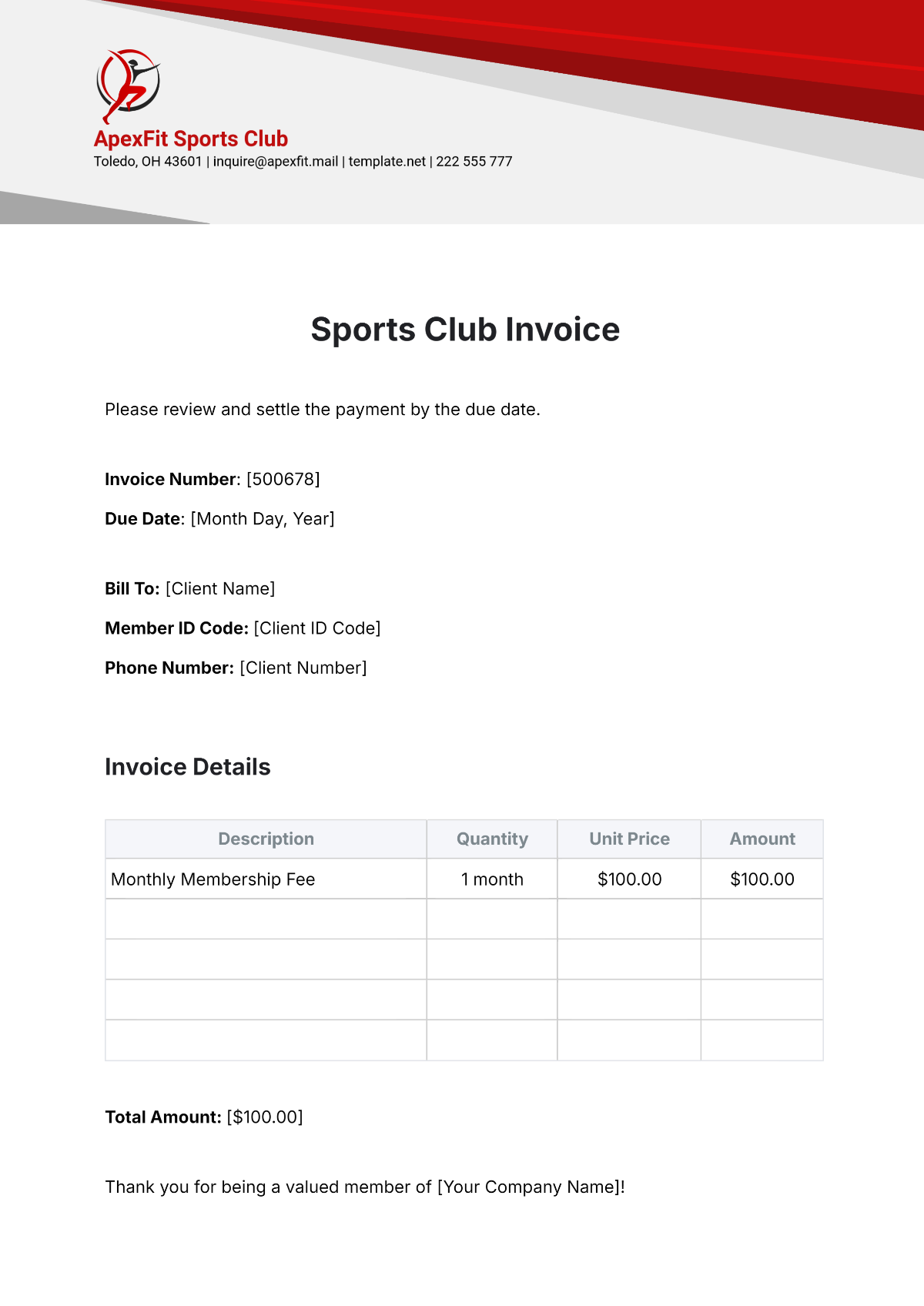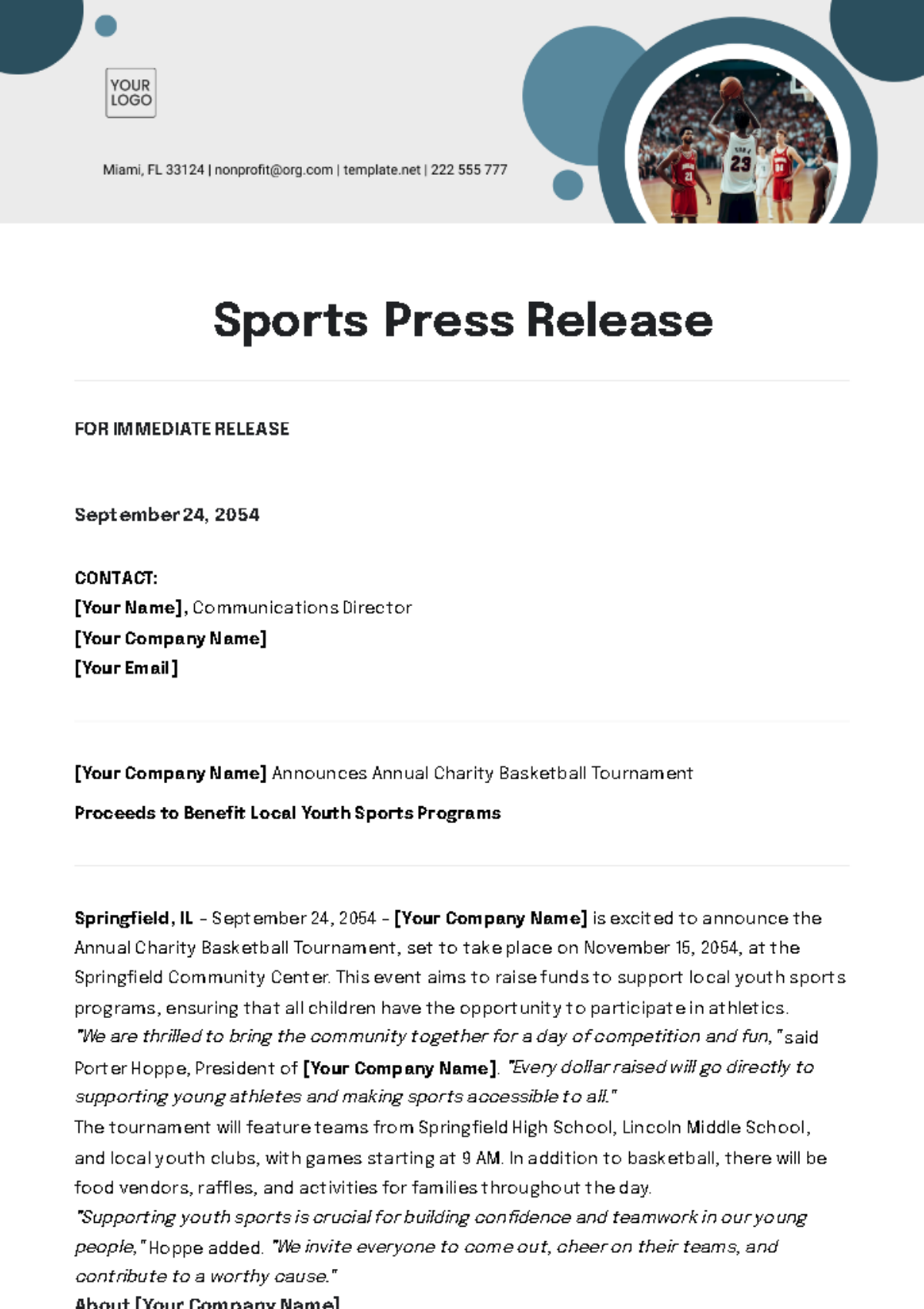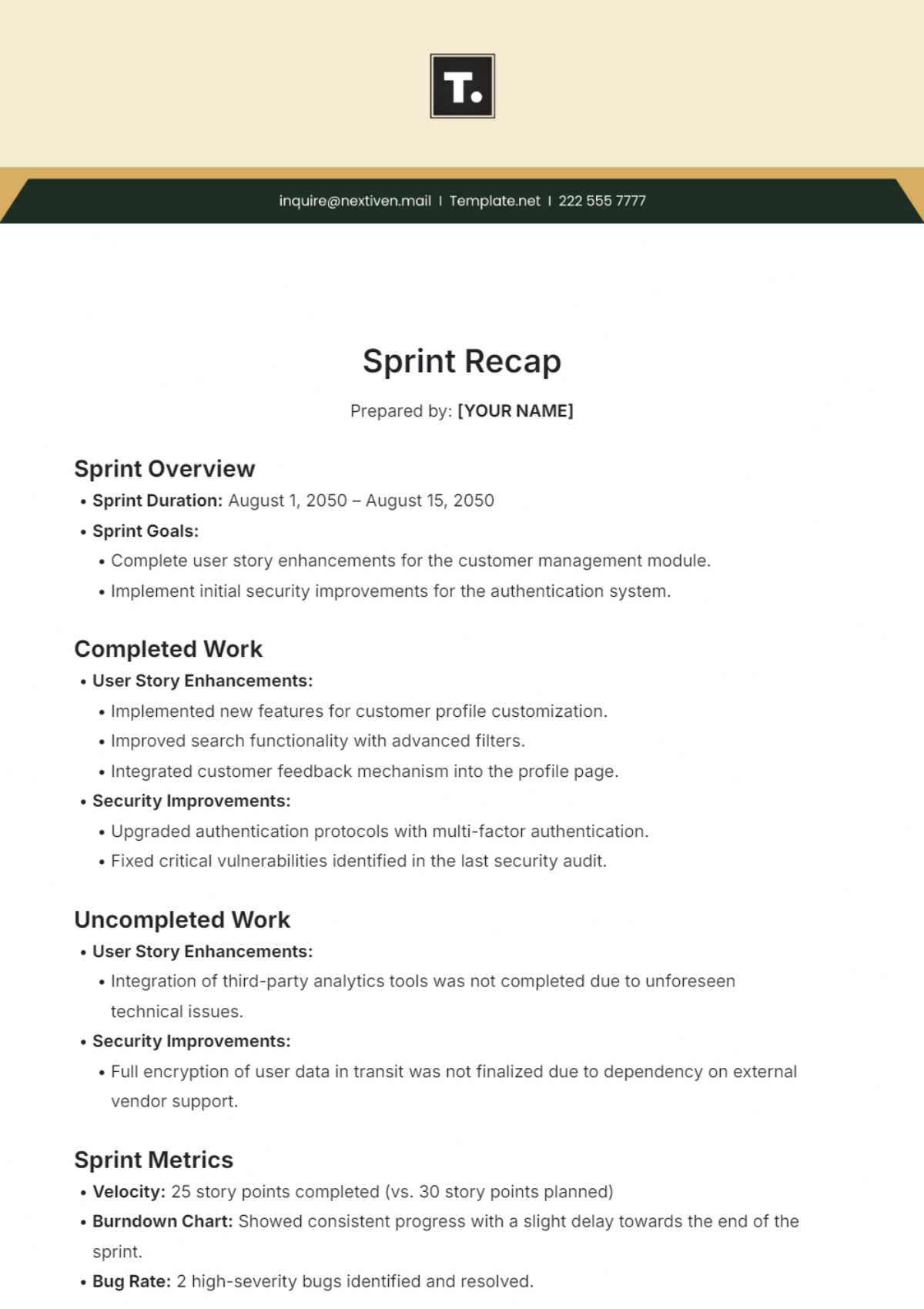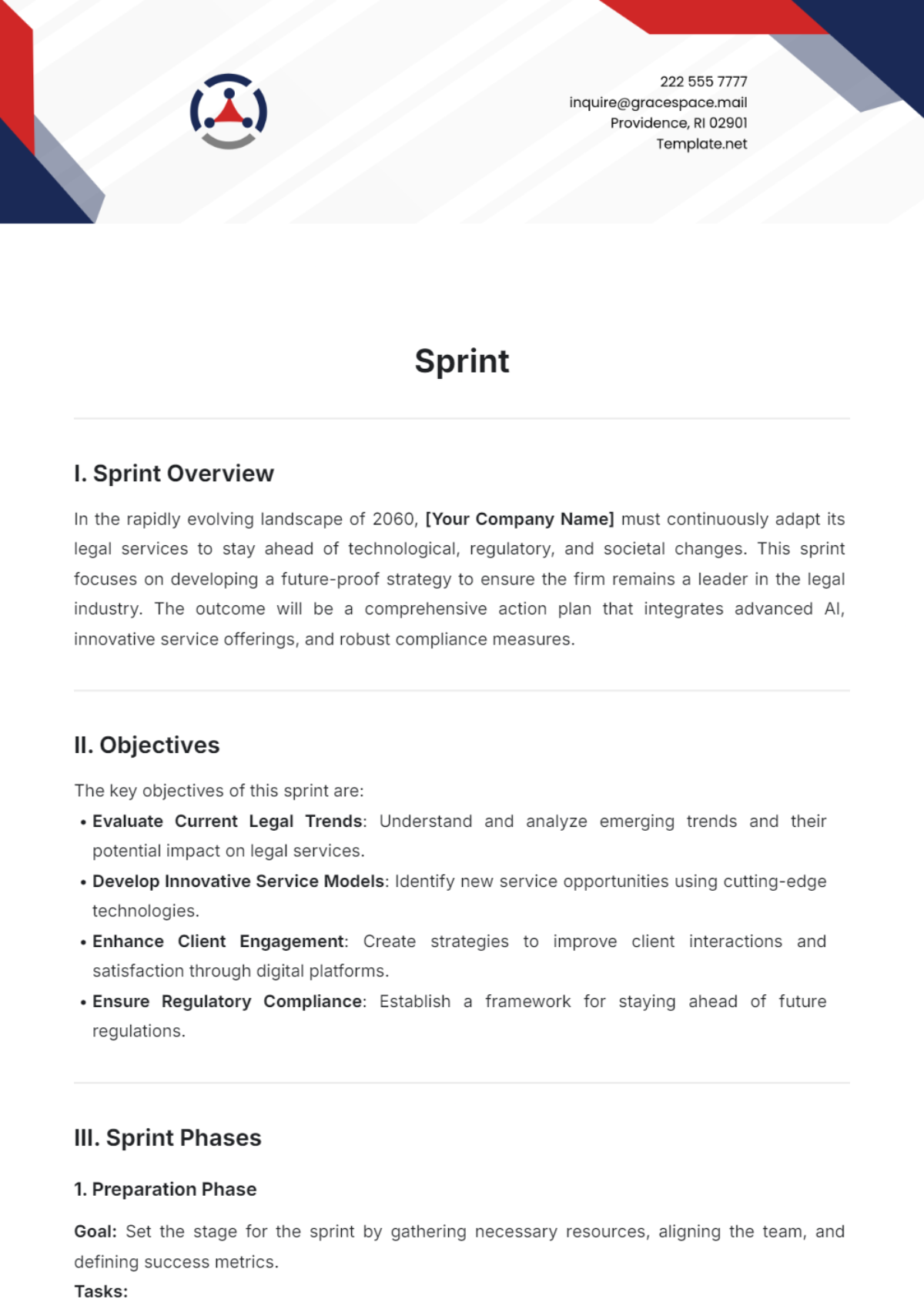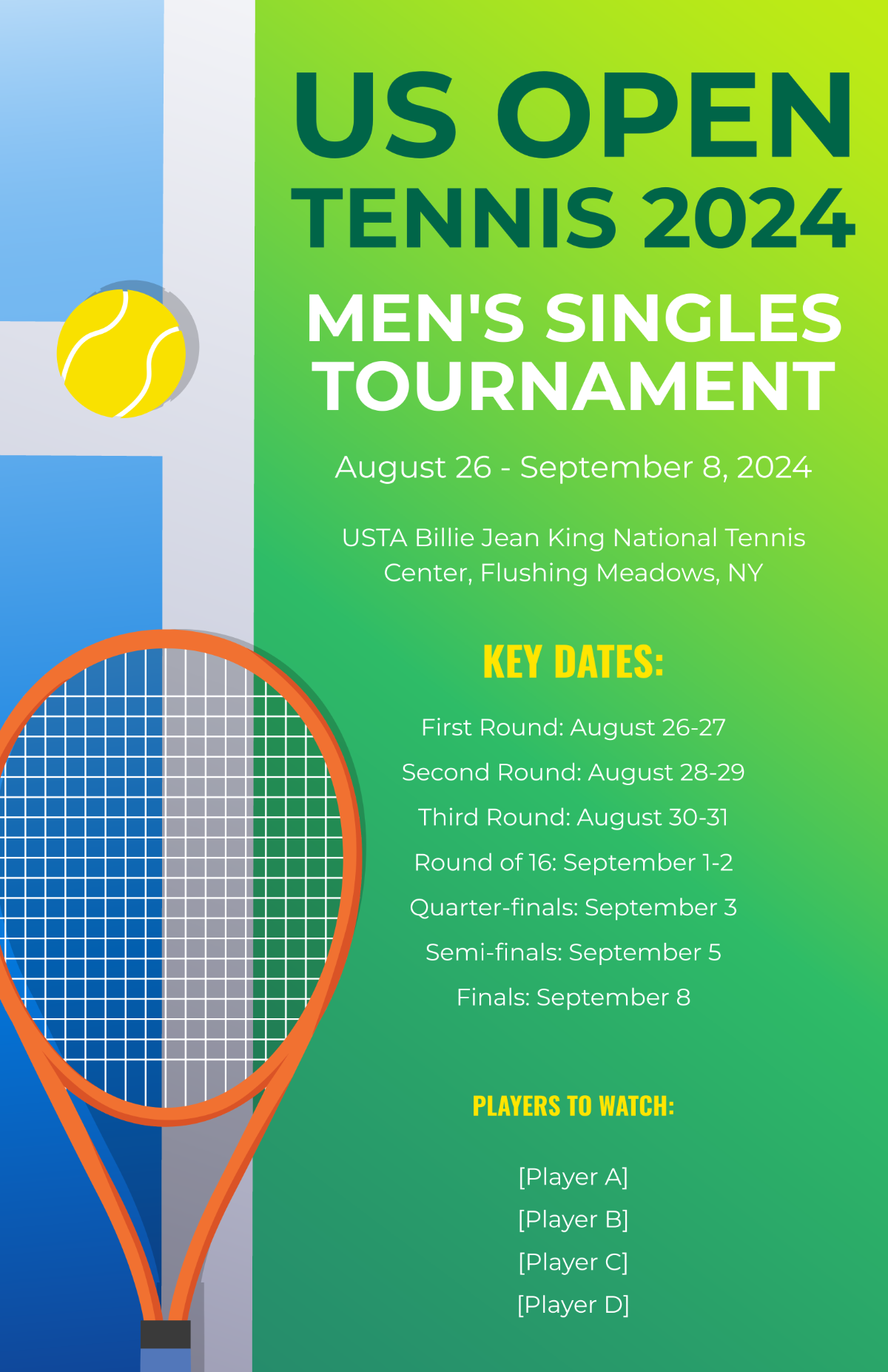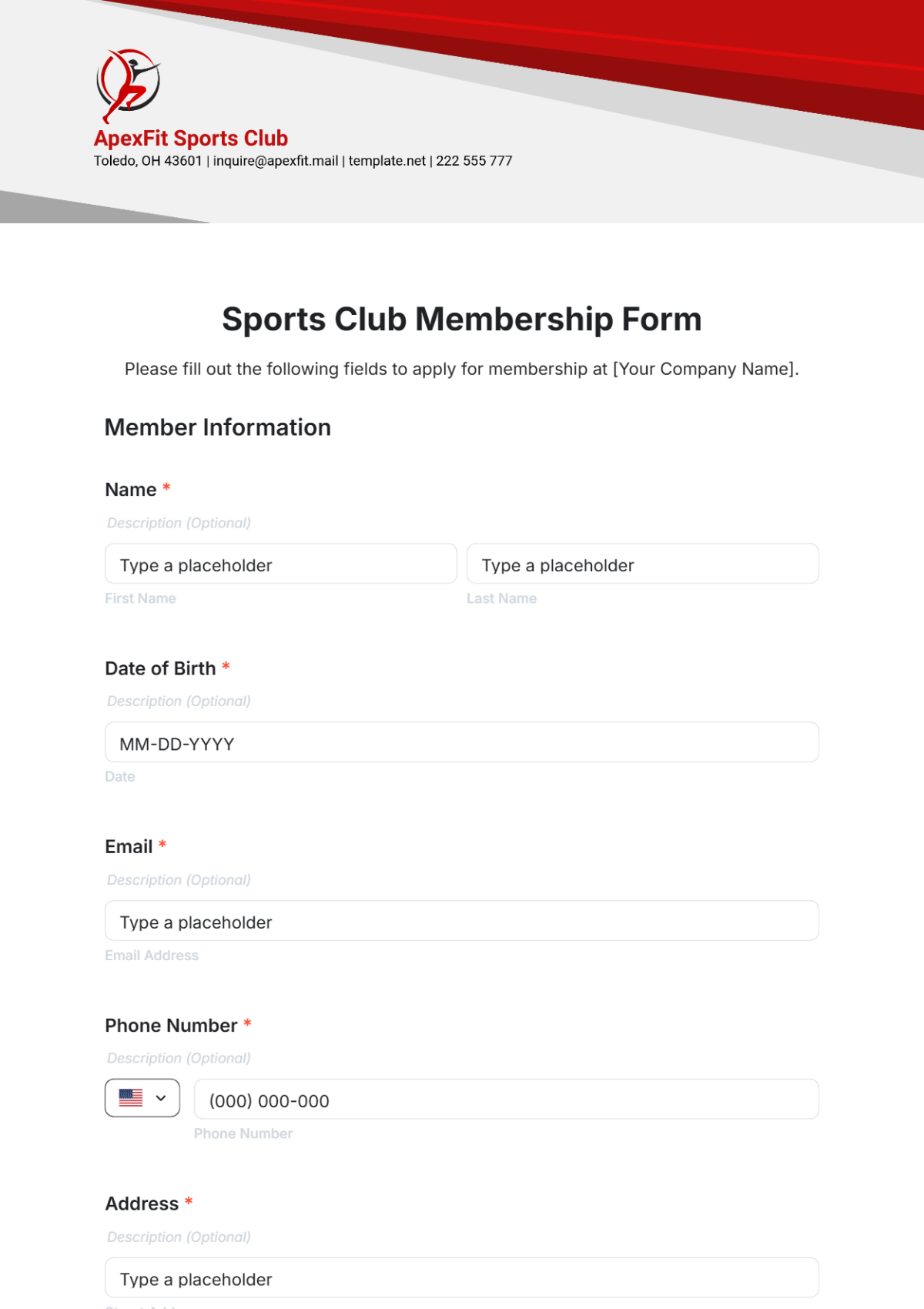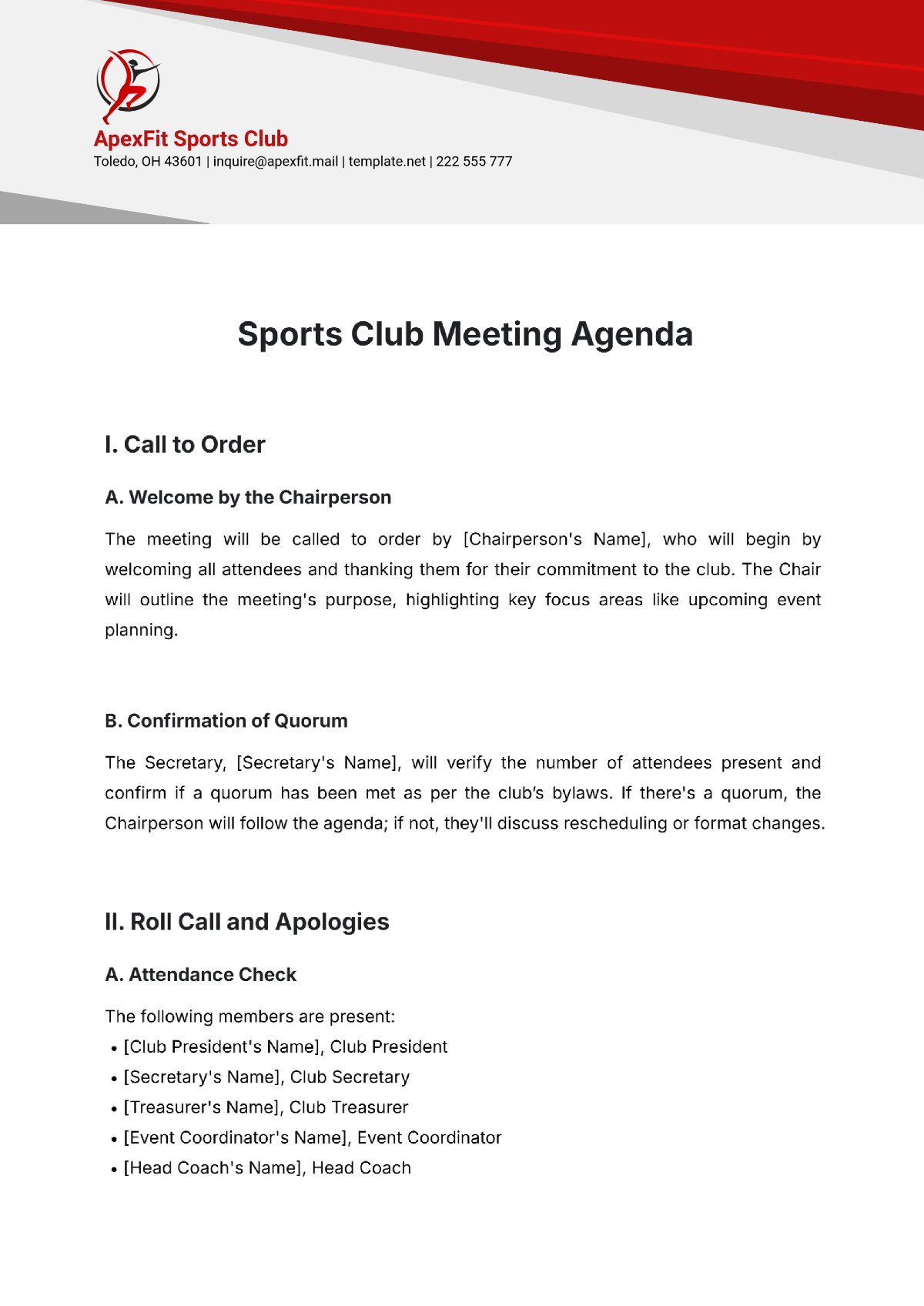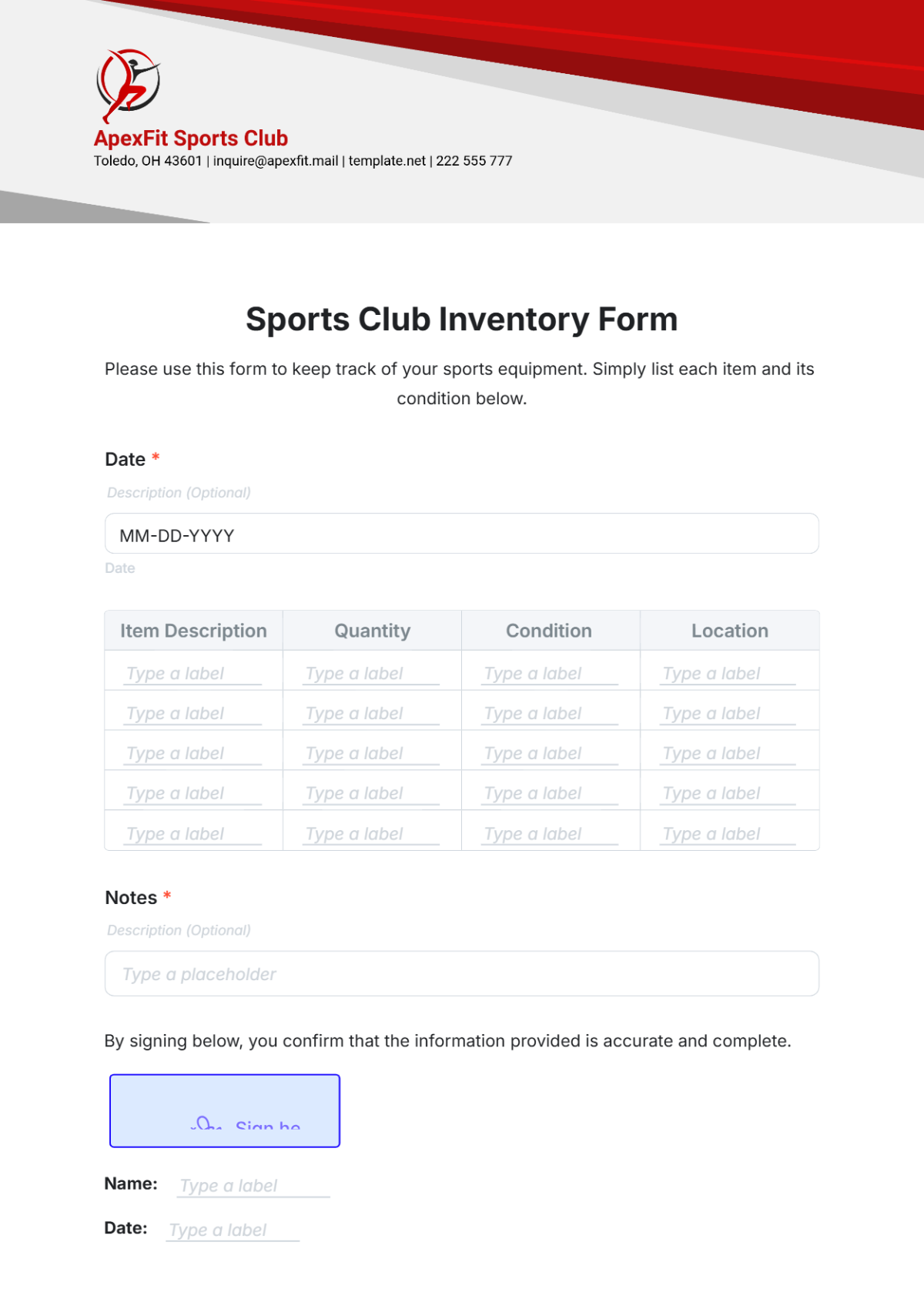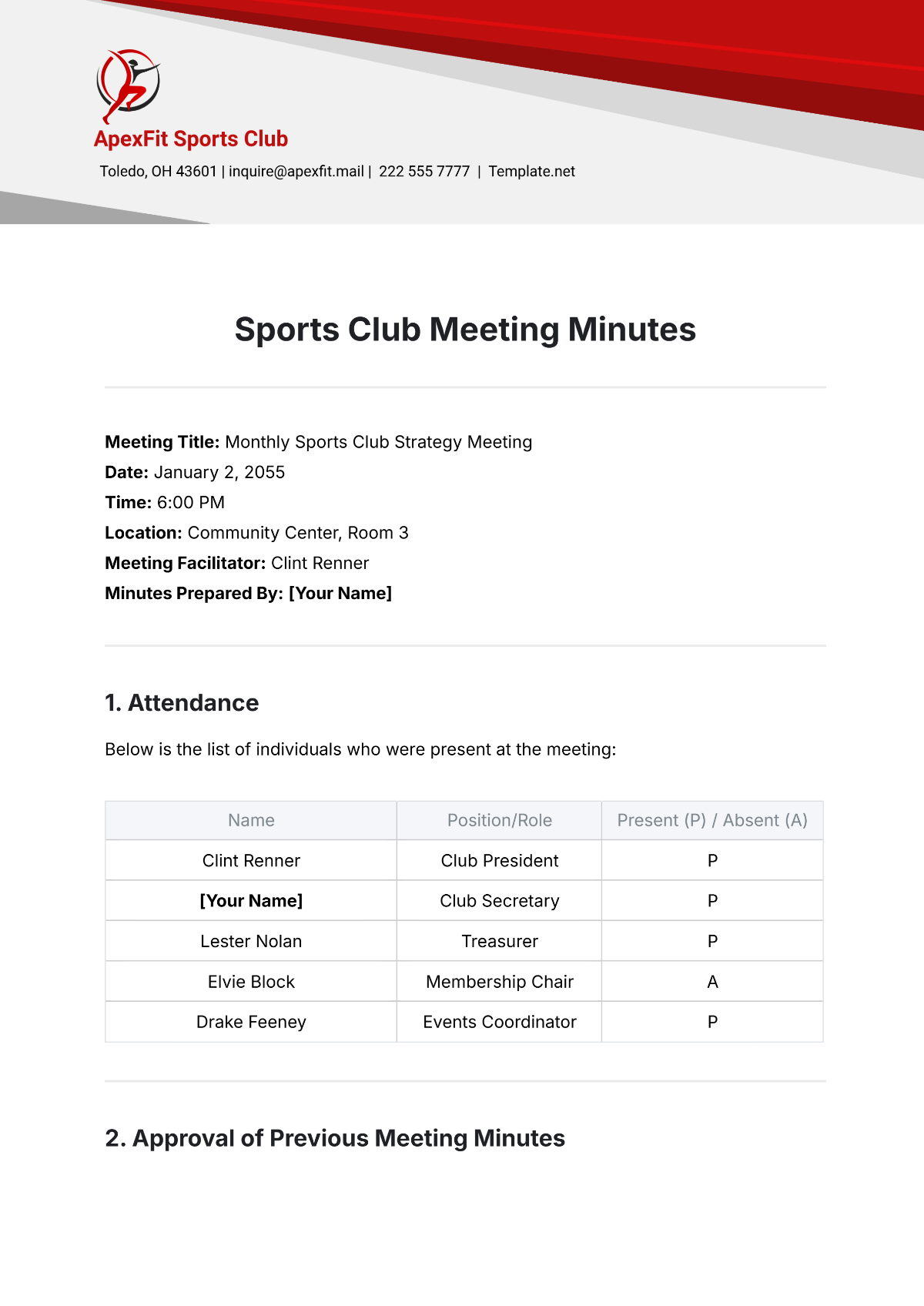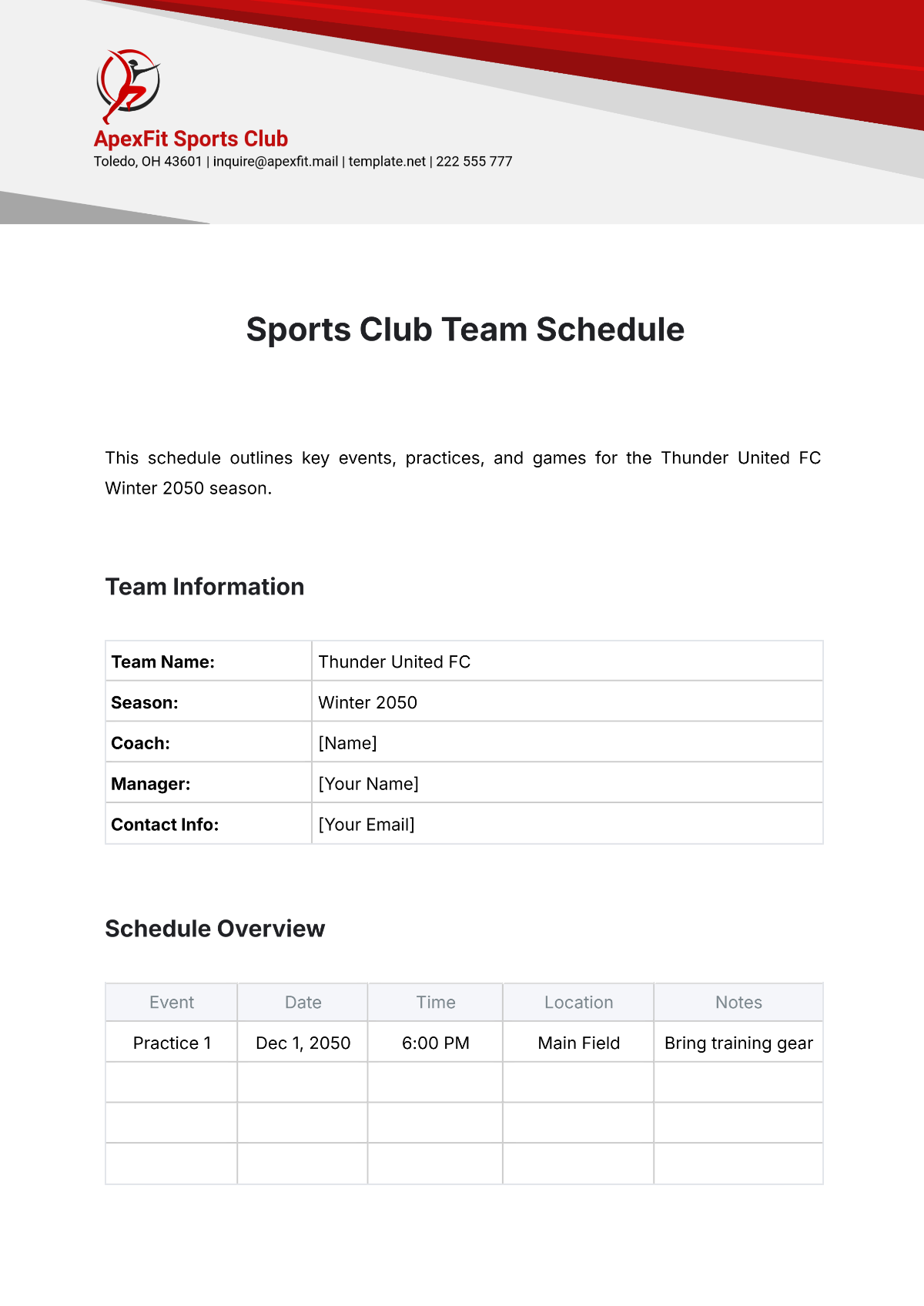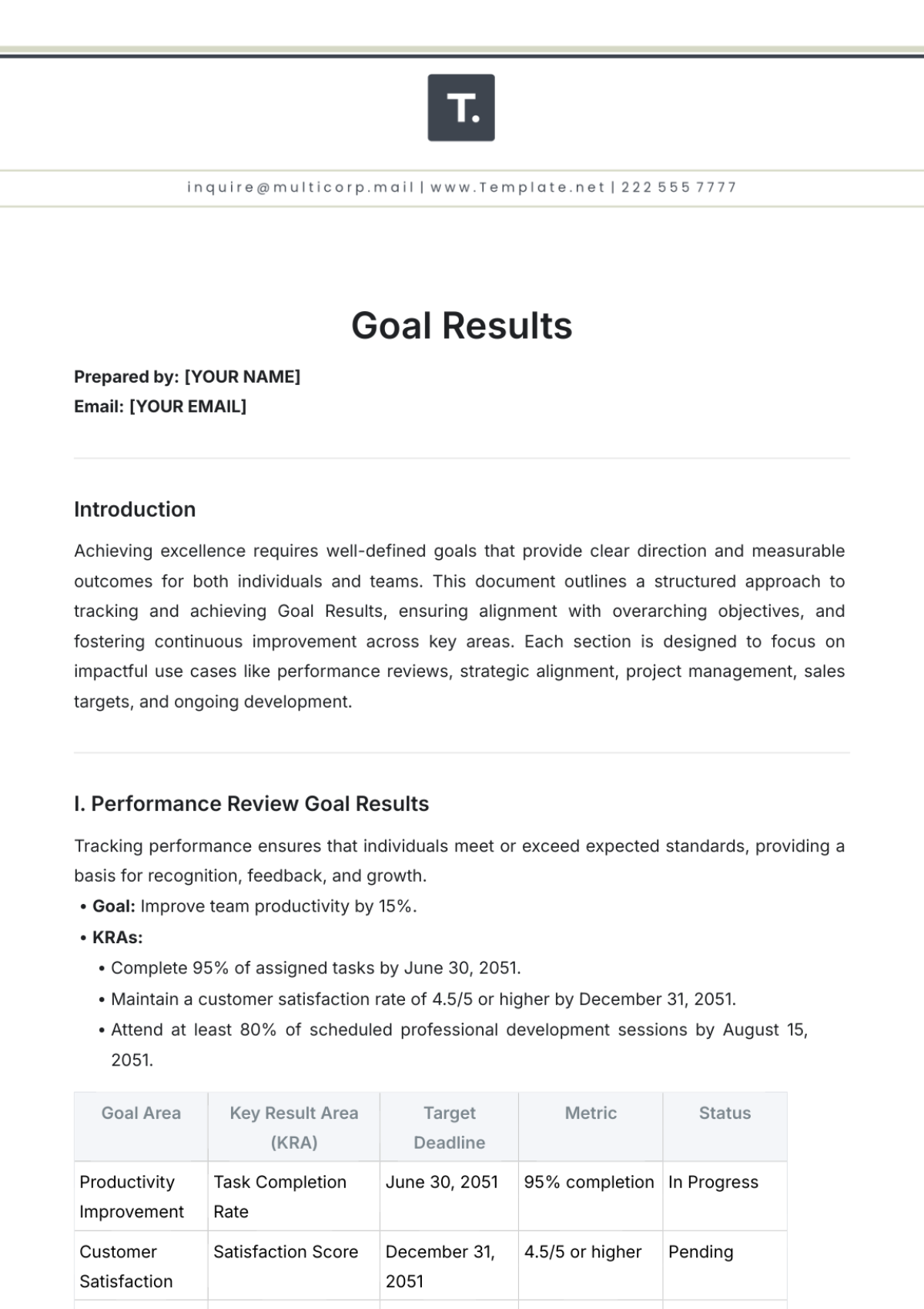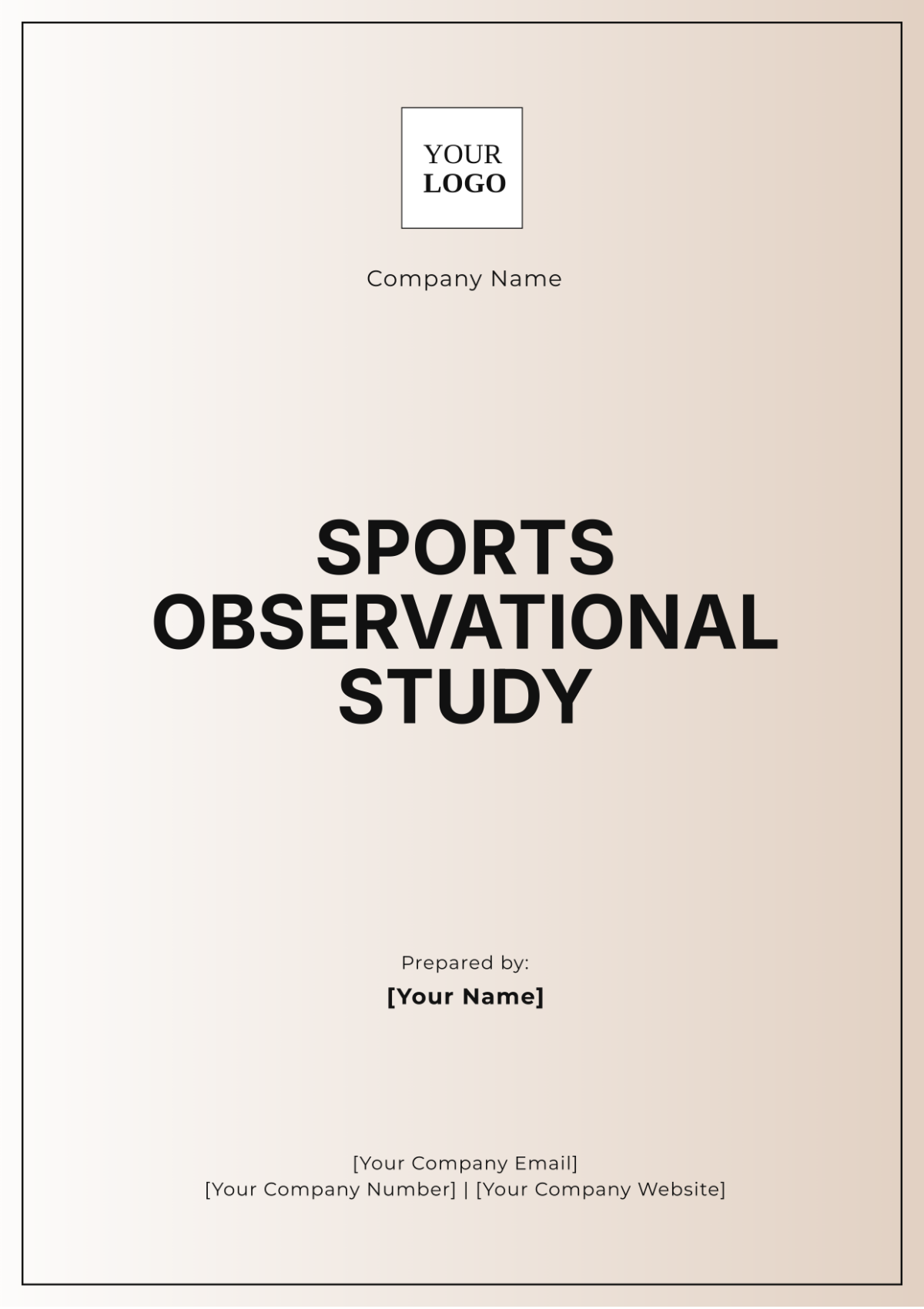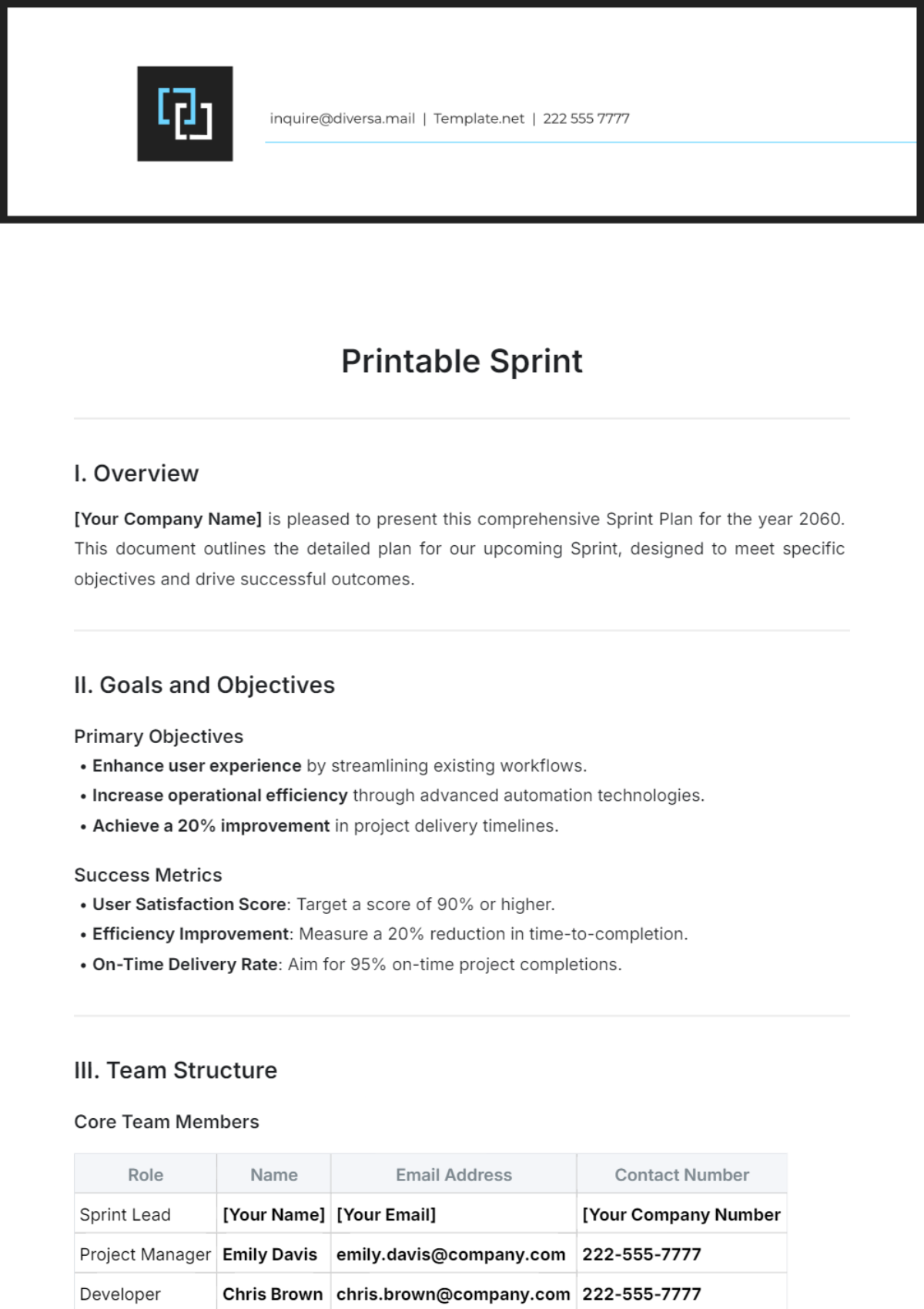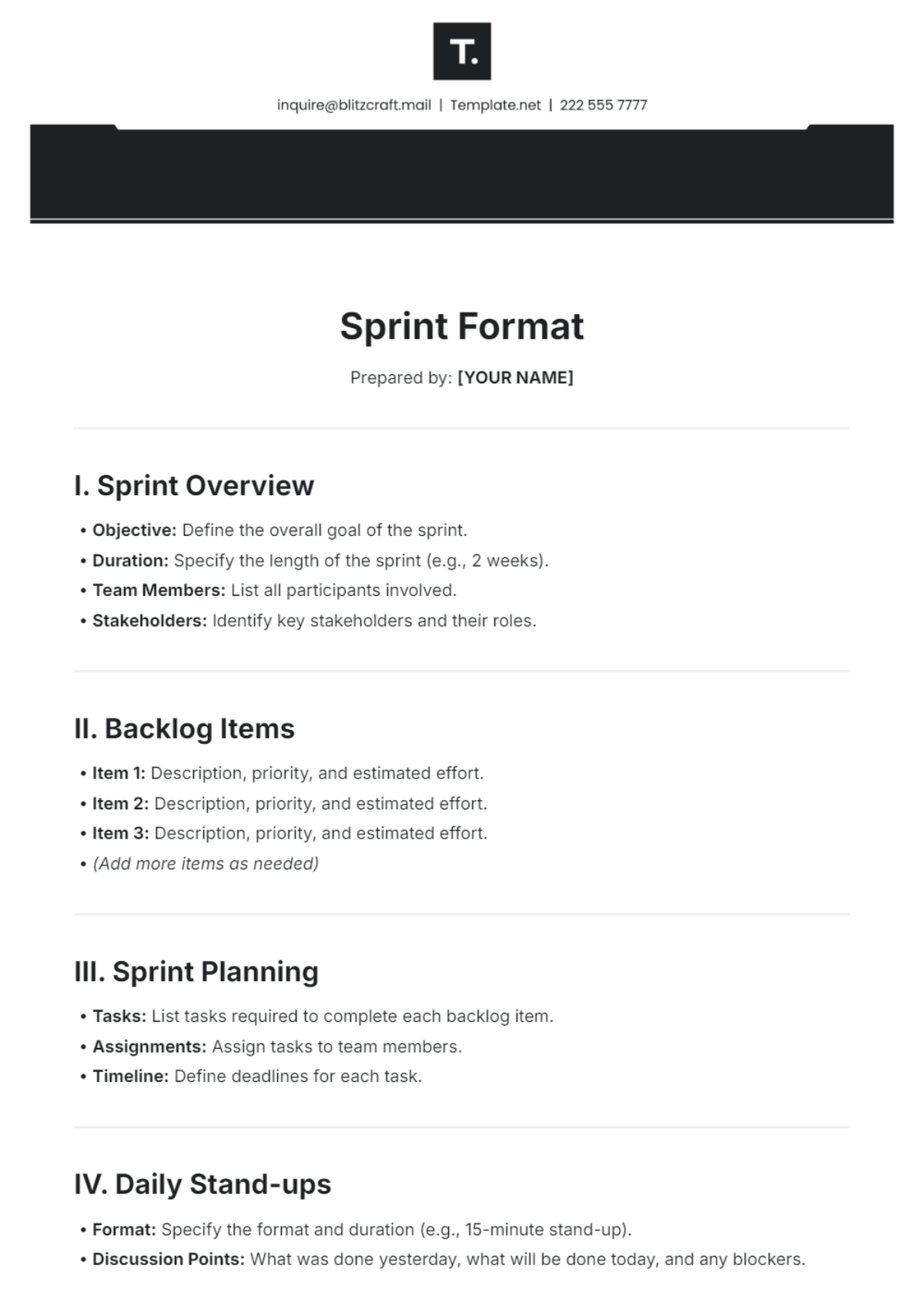Baseball Code of Conduct
I.Introduction
Welcome to the [YOUR COMPANY NAME] Baseball Community Code of Conduct. This document outlines key principles and standards expected from players, coaches, officials, and spectators to ensure sportsmanship, respect, and ethical behavior both on and off the field. This guide serves not only as a framework for behavior but also as a reflection of our commitment to upholding the integrity and enjoyment of baseball.
II. Purpose
[Your Company Name]'s Baseball Association is committed to fostering an environment of respect, integrity, and sportsmanship within the baseball community. This Code of Conduct serves as a guide to the expected behavior and interactions of all individuals involved in baseball, including players, coaches, officials, and spectators. By adhering to these guidelines, we aim to uphold the values of fairness, honesty, and respect for all participants, both on and off the field.
III. Responsibilities of Participants
A. Players
Respect for Opponents: Players are expected to treat opponents with dignity and respect. This includes refraining from taunting, trash-talking, or engaging in unsportsmanlike conduct.
Adherence to Rules: Players must familiarize themselves with the game's rules and abide by them during all matches and practices. Any violations should be reported to the appropriate authority for resolution.
B. Coaches
Role Modeling: Coaches serve as role models for their players and should exemplify good sportsmanship and ethical behavior both on and off the field. This includes demonstrating respect for officials, opponents, and spectators.
Player Development: Coaches should prioritize the holistic development of their players, focusing not only on skill improvement but also on character-building and teamwork.
C. Officials
Impartiality: Officials are expected to officiate matches with objectivity and fairness, regardless of personal biases or affiliations. Decisions should be based solely on the rules of the game and the actions observed on the field.
Professionalism: Officials should professionally conduct themselves at all times, maintaining composure and exercising sound judgment even in challenging situations.
D. Spectators
Supportive Environment: Spectators play a crucial role in creating a positive and supportive atmosphere for all participants. They should refrain from engaging in disruptive behavior, including heckling, booing, or verbally abusing players, coaches, or officials.
Respect for Authority: Spectators should respect the authority of officials and abide by their decisions, even if they disagree with them. Disputes should be handled through appropriate channels, rather than through confrontational or disruptive behavior.
IV. Consequences of Violations
A. Minor Infractions
Warning: Individuals found to have committed minor infractions of this Code of Conduct may receive a verbal warning from the appropriate authority.
Education: In some cases, individuals may be required to undergo educational sessions or training to address the behavior in question and prevent future occurrences.
B. Major Infractions
Suspension: Serious violations of the Code of Conduct may result in suspension from participation in matches or activities for a specified period.
Expulsion: In cases of egregious misconduct or repeated violations, individuals may be expelled from the [Baseball Association] and prohibited from participating in any future events or activities.
V. Reporting Procedures
A. Reporting Mechanisms
Direct Report: Individuals who witness or experience violations of the Code of Conduct should report them directly to the designated authority within the Baseball Association.
Anonymous Reporting: The Baseball Association provides mechanisms for individuals to report violations anonymously, ensuring confidentiality and protection for whistleblowers.
B. Investigation and Resolution
Prompt Investigation: Reports of violations will be promptly investigated by the appropriate authority to determine the facts and circumstances surrounding the incident.
Fair and Impartial Resolution: All investigations and disciplinary actions will be conducted fairly and impartially, with due process afforded to all parties involved.
VI. Education and Training
A. Education
Baseball organizations shall provide education and training programs to promote awareness of this Code of Conduct and the principles it embodies.
Participants in baseball, including players, coaches, officials, and administrators, shall receive instruction on ethical behavior, conflict resolution, and the importance of upholding the integrity of the game.
B. Promotion
Baseball organizations shall actively promote the values and principles outlined in this Code of Conduct through various channels, including but not limited to public awareness campaigns, social media, and community outreach initiatives.
By fostering a culture of respect, integrity, and sportsmanship, we can ensure that baseball continues to inspire and unite people of all ages and backgrounds around the world.
VII. Conclusion
The Baseball Association is committed to upholding the highest standards of integrity, respect, and sportsmanship within the baseball community. By adhering to the principles outlined in this Code of Conduct, we can create a positive and inclusive environment where all individuals can enjoy the game of baseball to its fullest extent.


